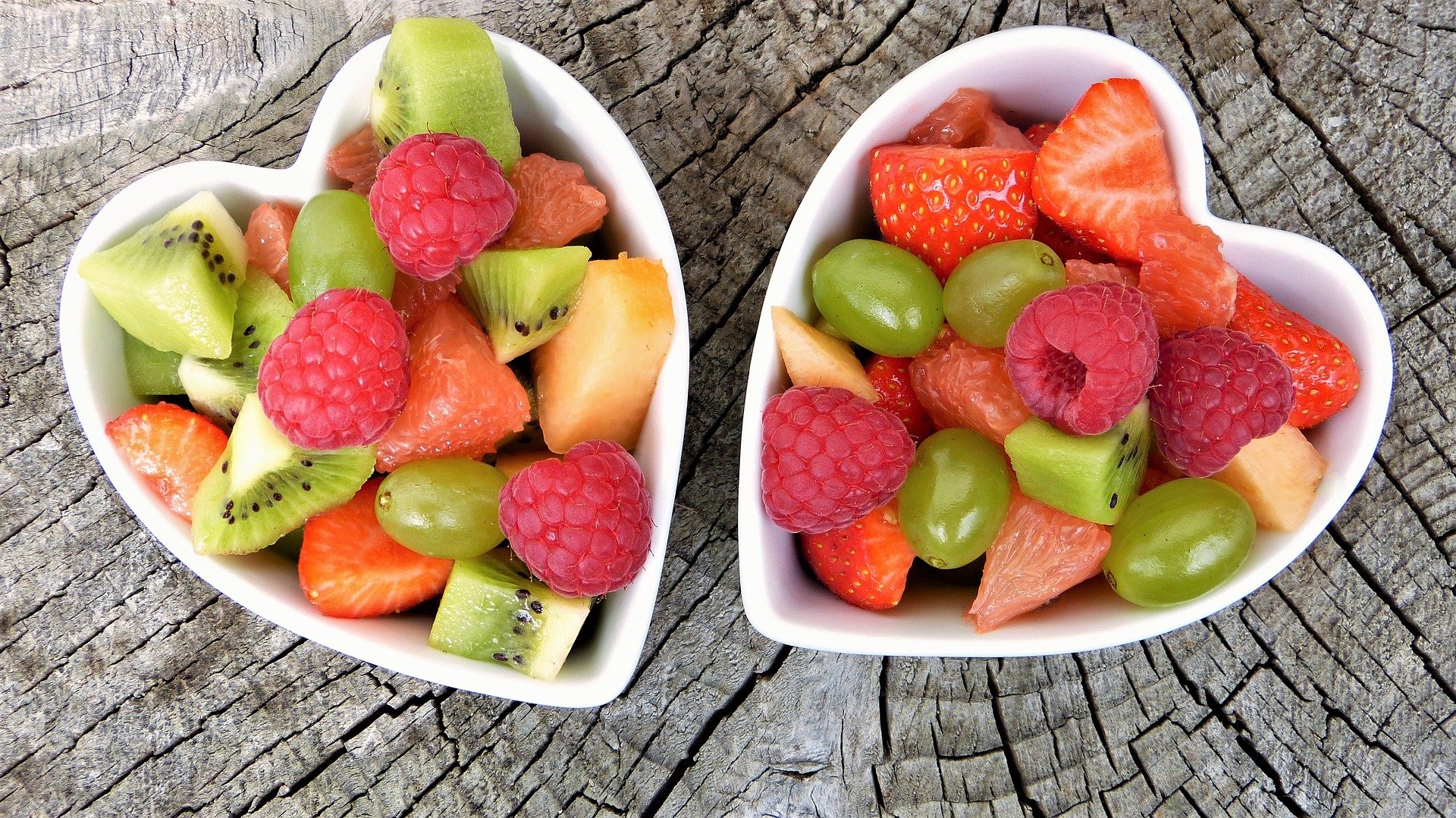For a very long time, fruits were supposed to be one of the most essential products in a healthy diet and doctors and nutritionists from all over the world used to recommend fruits to people of all ages. Yet, many new theories about the health benefits of fruits have recently evolved. For example, the advocates of the ketogenic diet do not advise consuming the majority of fruits as well as many species of berries. Should we then eat the plant products?
Some of the health benefits of fruits and berries
Undoubtedly, fruits and berries have a whole range of extremely useful nutrients. Apart from large amounts of various vitamins and microelements, fruits are also rich in fibre and polyphenols which are the substances that can be regarded as natural colourants. These chemical compounds are showing an intensive antioxidative and antibacterial activity. That is why fruits and berries are necessary products in the diet of the people fighting with cancer or the people who would like to minimise the possibility of developing cancer.
The major issues of concern related to the fruit and berries consumption
In point of fact, there is one great problem connected with many species of fruits and berries which is a high contents of sugars. Not only berries and especially fruits are rich in sugar, the newly created species have particularly large amounts of this nutrient. Needless to say, this is the reason why people suffering from diabetes shouldn’t eat the majority of fruits and berries even though these products have so many health benefits.
Certainly, fruits and berries do not increase the sugar level in the blood in the same way as confectionery. These plants are rich in fibre as well which makes the process of elevating the blood sugar less rapid and thus, easier to withstand for your body. Still, it does not mean the body will not notice all this sweetness of fruits and berries and will not react with high blood sugar.
Other possible problems connected with eating fruits and berries are more related to the excessive consumption of these products. In such a case, a person might suffer from bloating, diarrhoea, heartburn or reflux.
A healthy way to consume fruits
If you are not have diabetes or you are not leading a ketogenic lifestyle, you should include fruits and berries into your daily diet. Yet, you should do it in a careful way in order to feel only the benefits of these plants products. This can be easily done with the following recommendations.
Include into your diet low-sugar fruits and berries which are:
- grapefruits;
- lemons;
- oranges;
- apples (the more sour they are, the better);
- peaches;
- plums;
- strawberries;
- raspberries;
- blackberries;
- cranberries;
- red and white currants;
- starfruit (carambola);
- casaba melon;
- Asian pear;
You can also add to this list olives which are also biologically considered to be fruits.
Of course, you can eat other fruits as well, but the ones that are on the list are particularly low in sugars. Still, there is a group of fruits with an extremely high contents of sugars, so they are not good for daily consumption:
- kiwis;
- grapes;
- bananas;
Pay your attention to the fact the amount of sugar in any fruit depends on its species, thus some apples or pears might be very sweet while others are not.
What about other fruit and berry products?
Certainly, there is a possibility of consuming fruits and berries in other forms such as juices, jams or dried fruits and berries. Can you consume these products?
Drinking juice should be avoided, since it has extreme amounts of sugar and almost no healthy nutrients as they are usually damaged during fruit processing and pasteurisation. As it has already been said above, whole fruits are rich in fibre which helps to prevent rapid changes in the level of sugar in the blood, whereas juices are almost free from sugar.
Dried fruits and berries can be a healthy alternative to confectionery, however, their quality depends on the way they were dried and the amount of sugar they have. The best ones are naturally dried fruits low in sugars, for example apples, figs, prunes or apricots. Still, you should be aware of the fact that dried fruits and berries are a kind of a concentrated product with a far higher amount of sugars than fresh ones. What you definitely should avoid are dried fruits with added sugar and colourants, for example dried pineapples or papaya.
Canned fruits and jams are also not a good choice as they always include refined sugar which is added not only in order to make them sweeter but as a preservative in the first place.
Conclusion
As you can see, if you have no special health conditions like diabetes or do not lead any special diet prohibiting eating foods rich in sugars or other carbohydrates, you can include fruits into your regular diet, however, you should pay attention to their nutritive value. Choose the species with the smallest contests of sugars for daily consumption and certainly avoid processed fruits and berries such as jams or juices. Remember that dried fruits and vegetables have many health benefits but they can also contain large amounts of sugar.

